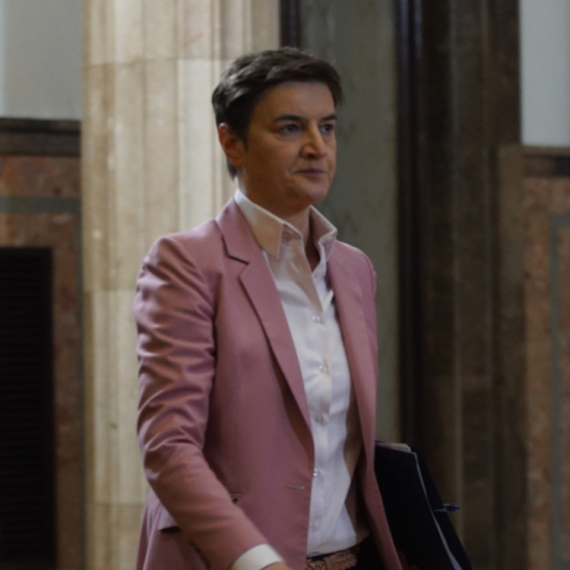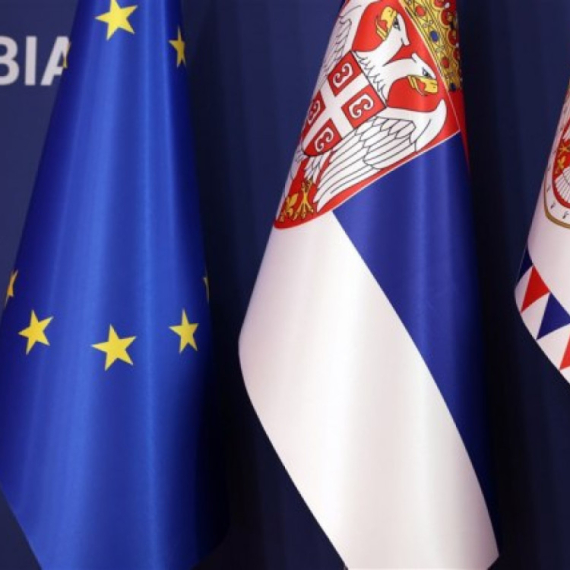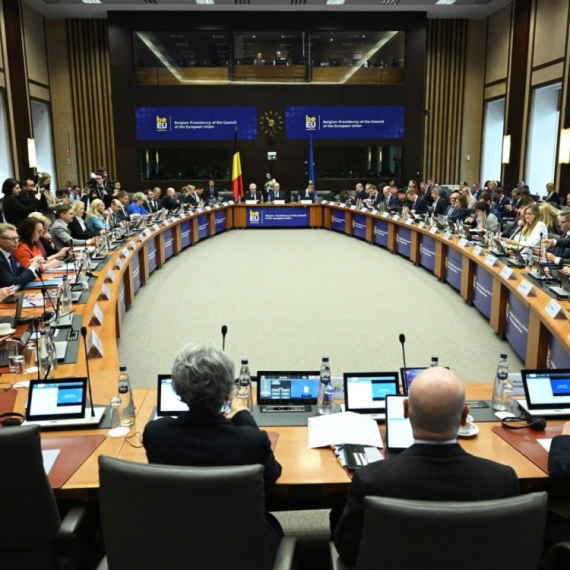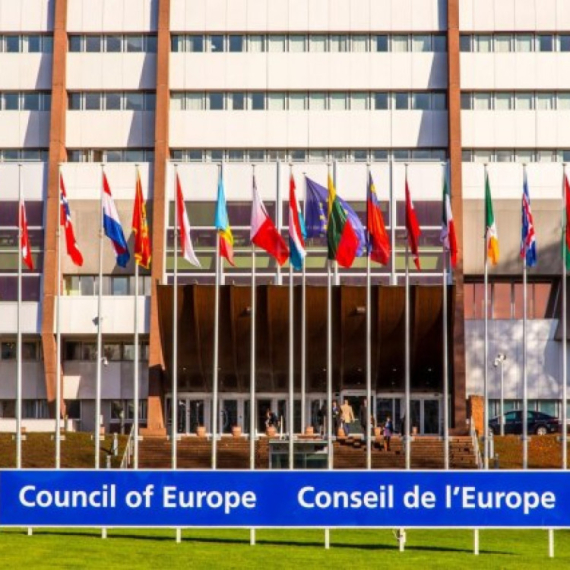Media bills welcomed, amendments proposed
The set of media bills to be discussed during the current parliament session is in line with the fundamental intentions of the Media strategy.
Wednesday, 30.07.2014.
11:59

Media bills welcomed, amendments proposed
The proponent of the bills has accepted the most significant suggestions of the media community, as well as the need to protect the interests of the citizens, the organizations said in a statement on Tuesday.Expressing regret that the media bills have been tabled to the parliament by urgent procedure, NUNS and CUPS said that improvements can be made in some segments and that they have tabled amendments to certain provisions to all parliamentary groups.
"We sincerely hope that MPs will show understanding for the proposed amendments and further improve the quality of media laws by adopting them," the NUNS and CUPS said in a statement.
Amendements
Transparency Serbia (TS) proposed amendments to the bill on public information and media intended to provide better insight into media funding sources, and urged Serbian MPs to take these suggestions into consideration.The amendments to 12 articles of the bill that entered the parliamentary procedure on Wednesday mainly focus on corruption issues.
TS Program Director Nemanja Nenadić told Tanjug that the amendments are designed to ensure transparency of media funding sources and address potential influence over editorial policy.
The amendments are intended to address the potential influence on the editorial policy, stemming not only from the state ownership and funding, but also from the potential dominant single-source funding, or significant loans and gifts that enable the work of a media company. This information should be public, the same as the data on the ownership structure and funding from the budget and other public sources, said Nenadić .
Ensuring full transparency of media ownership will not solve the key problem, considering that a media company can be started with modest capital and continue to be funded from sources that remain concealed, he explained.
The second set of amendments refers to the media funding awarded through competitions and other methods, said Nenadić , adding that, according to TS, this information should be detailed on the websites of bodies allocating the funds.
The Journalists' Association of Serbia (UNS) has stated that it will back the set of media bills debated in the parliament on Wednesday if the amendments put forward by that association are accepted.
The UNS said in a release that the association submitted amendments to the bill on public information and media and bill on electronic media to parliamentary groups.
As underscored, the UNS requests that the law on public information and media lays down the obligation that the municipalities and cities secure the project-financing in the public interest in the field of information provision amounting to at least two percent, while stressing that for cities with over 300,000 citizens the sum must not be below one percent.
The UNS believes that if the minimum funds are not stipulated, there is a danger that the state's exit from the media will result in a mass closure of local media, on which Serbian citizens depend for acquiring the relevant information.
The UNS dismisses as unacceptable the stand of the ministry of public administration and local self-government that that setting the sum that local self-governments have to earmark for the purpose would infringe on their constitutional rights as, for example, the law on financing of political parties envisages the funding of political parties with the set amount.
Noting that the right to information is more important than the financing of political parties, the UNS warns that it will not back the media bills unless that amendment is accepted.
The UNS also requests that the law sets the obligations for publishers to enter donations from the country and abroad into the media register.
“It is not enough that the law obliges the media to register the assistance from Serbia. It is important that citizens know which media get the assistance from other states and international organizations,” notes the UNS release.
The association also thinks that the provision in the bill on electronic media under which the Regulator would take on some competences of the Press Council as a self-regulatory body and thus jeopardize the freedom of expression is also contrary to the European standards in that field.


























































Komentari 0